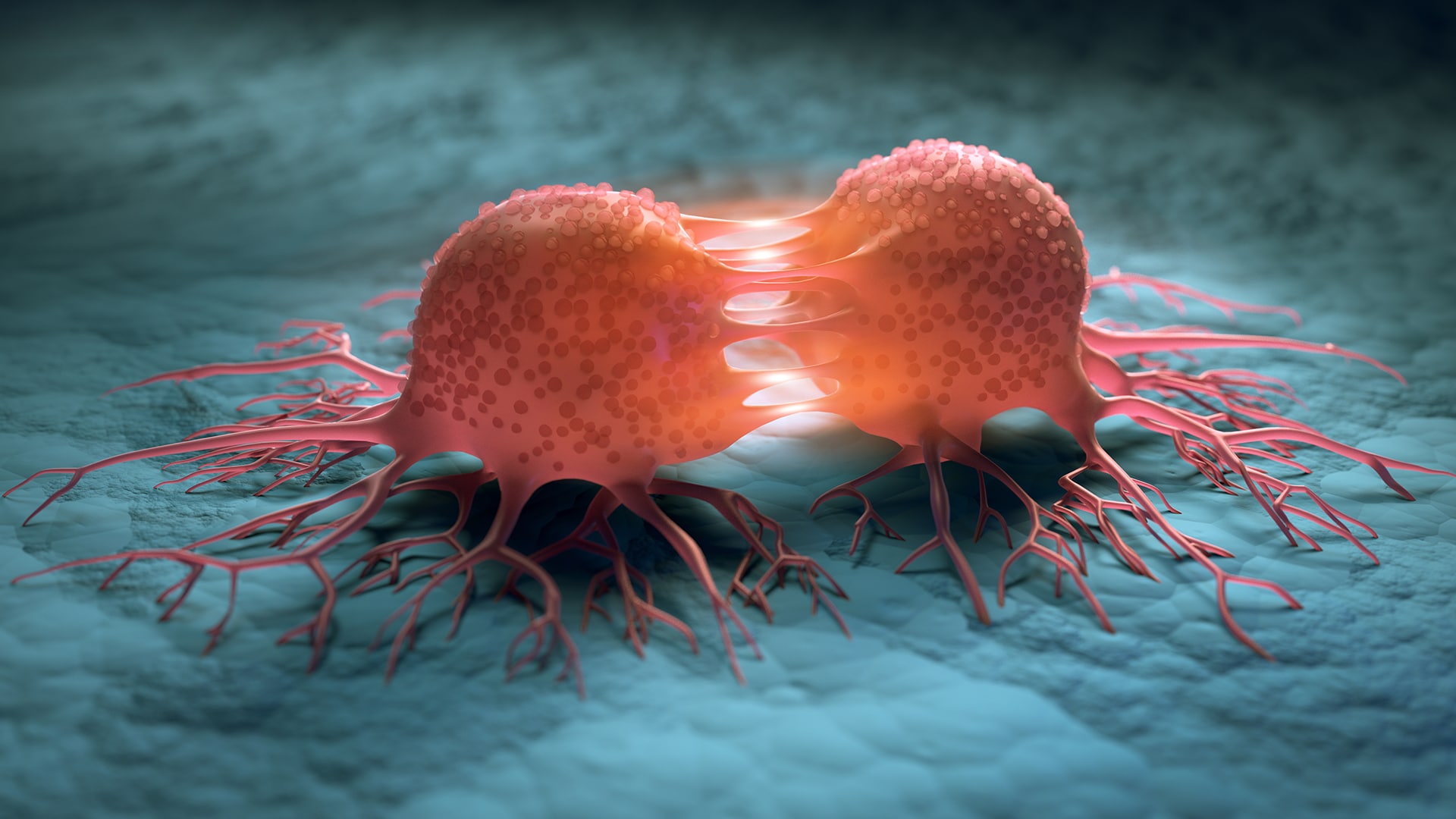New mechanism behind cancer cell growth revealed
SciLifeLab and Uppsala University researchers have unveiled a pivotal mechanism that drives the proliferation of cancer cells in the blood malignancy known as multiple myeloma. The study elucidates that the protein EZH2 collaborates with a distinct RNA molecule to inhibit genes crucial for tumor progression. This insight could pave the way for novel therapeutic strategies for patients with multiple myeloma. The findings are published in the renowned journal Haematologica.
Multiple myeloma is characterized by the rampant growth of immune cells within the bone marrow. This malignancy poses significant treatment challenges and, to date, remains incurable, underscoring the imperative need to discern new therapeutic avenues targeting the cancerous cells.
The investigative team leading this recent research had, in prior studies, demonstrated that multiple myeloma cells, when cultivated and subjected to a compound inhibiting the EZH2 protein, exhibited stunted growth, with some even undergoing apoptosis. This recent publication elucidates the intricate manner in which EZH2 mediates the proliferation of these malignant cells.
SciLifeLab researcher Prof. Helena Jernberg Wiklund (UU), the study’s principal investigator, remarks, “Our previous findings suggested EZH2 as a target for clinical intervention since it can block the activity of genes that are important for cancer growth. But EZH2 cannot on itself bind to DNA so we assumed that it needs a “guide” to help it find correct positions. One of these guides turned out to be a long non-protein coding RNA. As the name implies these RNAs are not coding for a protein but can possess other important functions in a cell.”
This groundbreaking revelation augments our comprehension of the intricate processes by which EZH2 inhibits protein synthesis essential for cancer cell proliferation, thereby influencing the prognosis of multiple myeloma patients. Such insights are indispensable for the prospective clinical exploitation of EZH2 targeting.
“Our study also shows that global analysis of how non-coding RNAs act together with proteins to perform important functions in a cancer cell can provide a better view of what happens when cancer cells are exposed to novel treatments. We believe that our results are relevant to both preclinical and clinical researchers, as a step towards finding new ways to treat patients with multiple myeloma,” Helena Jernberg Wiklund concludes.
DOI: haematol.2023.282965





